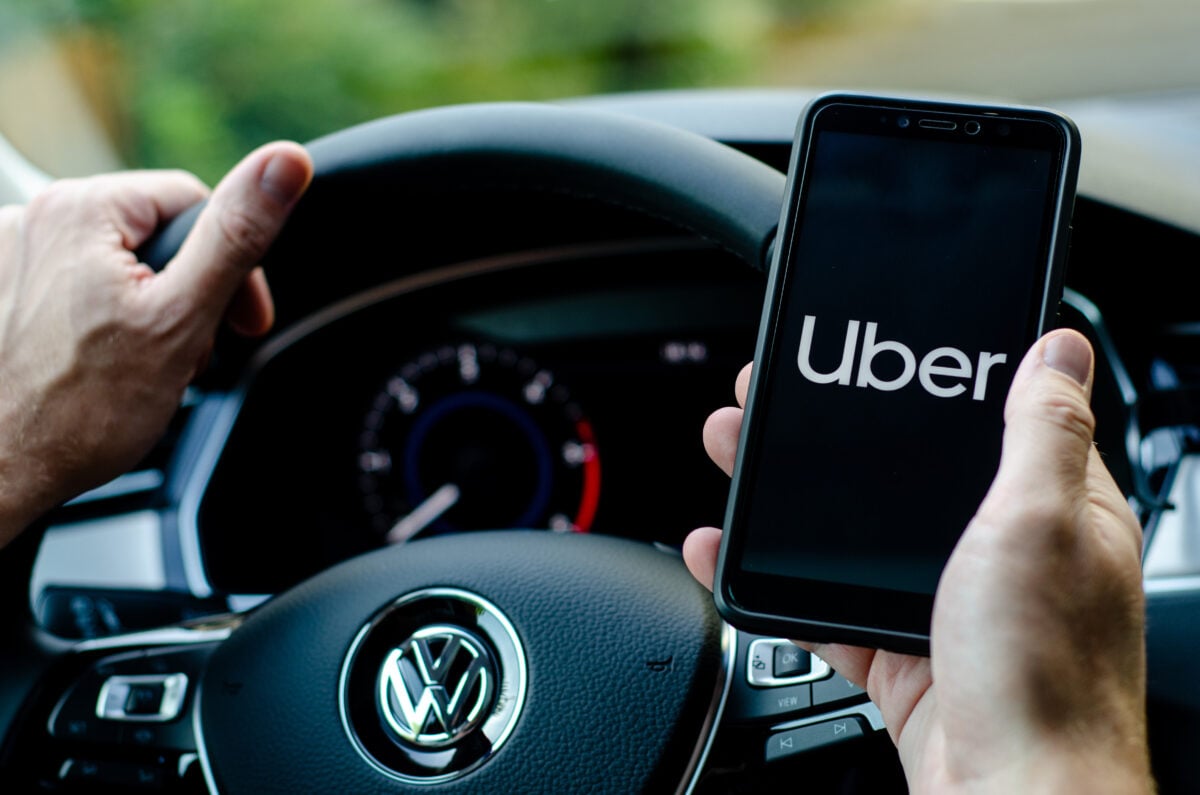TLDR
- Via raised $492.9M in its IPO to expand software solutions for urban transit.
- German automakers like Volkswagen and BMW focus on EVs and digital software.
- Via’s software optimizes transit systems and improves city transportation efficiency.
- The competition between Via and automakers marks a shift to software-driven mobility.
Via, the mobility tech company, has raised $492.9 million in its initial public offering (IPO). The company’s focus is on providing software and services that improve urban transit systems. This marks a significant move for Via, which now makes most of its revenue through its transit software, rather than ride-hailing. Meanwhile, major German automakers like Volkswagen, Mercedes-Benz, and BMW are intensifying their efforts in electric vehicle (EV) production and mobility services, signaling a competitive shift in the transportation industry.
Via’s Strategy: Leveraging Software for Urban Mobility
Via has evolved from a company offering on-demand shuttles to a provider of software solutions for public agencies and fleet operators. By focusing on software, the company supports services such as microtransit, paratransit, school transportation, and non-emergency medical trips. Via’s business model now centers on helping municipalities and fleet operators optimize their transportation systems through routing algorithms, real-time data, and integrated tools.
The company’s IPO provides Via with resources to expand its offerings. Via plans to invest in technologies that enhance the reliability and efficiency of transit systems. This includes software that blends on-demand services with traditional fixed-route transportation like buses and rail. The acquisition of Citymapper further broadens Via’s scope by bringing trip-planning and data-driven solutions to commuters.
German Automakers Target EV and Software Innovation
At the same time, Germany’s leading automakers are ramping up their efforts in the electric vehicle market. Volkswagen, Mercedes-Benz, and BMW are focusing on new EV models and advanced software systems. These companies are working to create vehicles that can quickly receive over-the-air software updates, a key feature in the evolving automotive landscape. Volkswagen, for example, has introduced the ID-branded compact cars, while Mercedes-Benz is set to release an all-electric model in the GLC class.
German automakers are also looking to strengthen their presence in China, where local manufacturers have aggressively captured market share. As the competition intensifies, these automakers are focusing on cutting costs while integrating software solutions to enhance vehicle performance. Partnerships, such as the one between Volkswagen and Xpeng, demonstrate the push to compete in the fast-growing EV market.
Competition Between Via and German Automakers
The IPO of Via and the moves by German automakers highlight a broader trend: the intersection of software and mobility. While Via is working to dominate the transit software space, German automakers are focusing on EVs and mobility services. There is growing demand for software solutions that can manage fleets, optimize routes, and improve overall transportation efficiency.
Both Via and the German automakers are focusing on data-driven models to improve service. Via, through its integration with Citymapper, gains access to both planned transit routes and real passenger behavior. This provides a feedback loop that enhances its software products, making them more valuable to public transit operators. Meanwhile, German carmakers are integrating digital platforms into their vehicles, allowing for a more seamless experience between hardware and software.
The Future of Mobility: Software and Integration
The focus for both Via and the German automakers is clear: software will play a central role in the future of mobility. While automakers need to deliver vehicles that meet the demand for affordable and efficient EVs, transit-tech companies like Via are focused on providing systems that connect transportation modes, improve operational efficiency, and enhance the user experience.
The growing demand for integrated transportation solutions could lead to partnerships between carmakers and transit platforms. Automakers like Volkswagen and Mercedes-Benz are already exploring mobility services, such as Moia, which offers electric ride-pooling in German cities. The next few years will see a continued push toward creating unified, multi-modal transport systems that offer a better experience for commuters while ensuring efficiency and sustainability.







